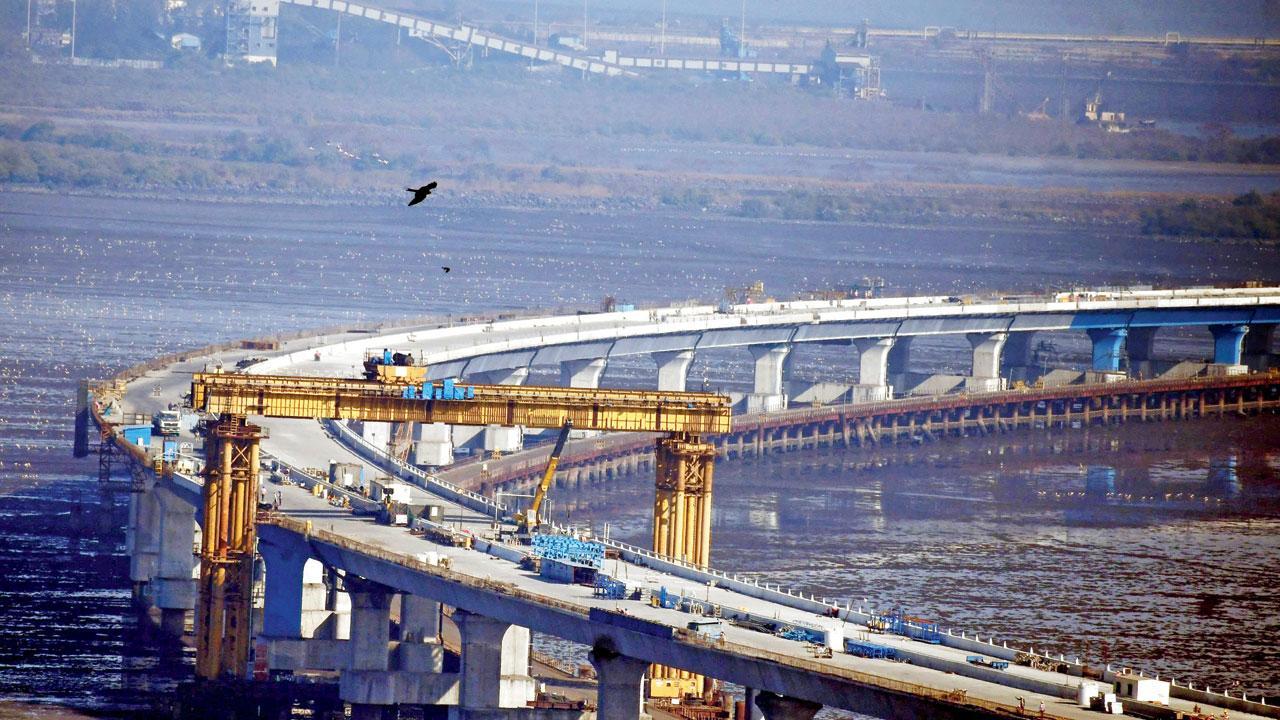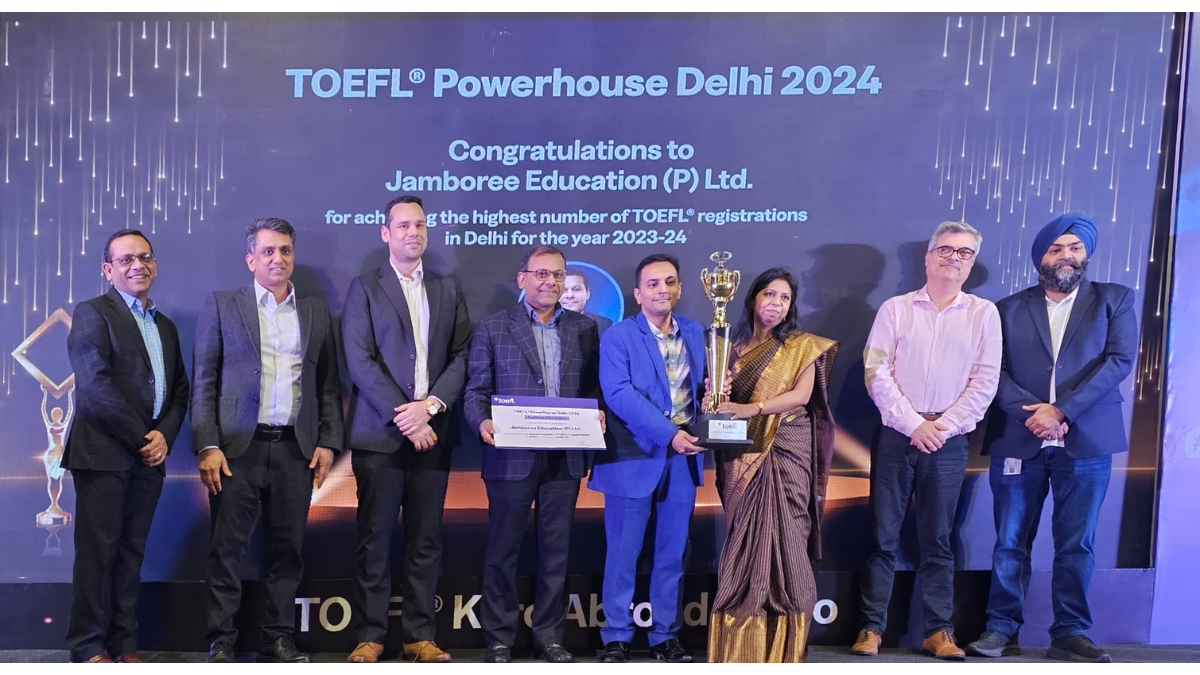Mumbai: MTHL to utilise innovative SMA technology for long-lasting roads

As the completion of the Mumbai Trans Harbor Link (MTHL)—India’s longest sea bridge connecting Sewri with Nhava Sheva— draws near, the Stone Matrix Asphalt (SMA) technology will be utilised for construction. This technology offers the advantage of high durability, eliminating the issue of potholes. According to MMRDA officials, the MTHL road will surpass the quality of the iconic Bandra Worli Sea Link’s road. SMA is a type of asphalt pavement mixture that incorporates a high percentage of crushed, durable stone aggregates and a specialised asphalt binder. Compared to conventional surface courses, SMA roads provide several benefits.
Regarding road construction on the MTHL using SMA technology, a senior MMRDA official stated, “The use of SMA technology on the MTHL road will increase its lifespan. SMA is an asphalt mixture with a gap-graded aggregate mixture, consisting of high contents of coarse aggregate fractions, fillers, and binders. SMA has proven its superiority on heavily trafficked highways worldwide in recent years, leading to a 20 to 30 per cent increase in pavement life over conventional methods.”
SMA technology exhibits high resistance to rutting, making it suitable for very high and low temperatures. It also demonstrates good adhesion between aggregate and bitumen, reduces traffic noise, improves wet-weather skid resistance, enhances pavement marking visibility, and provides good aggregate interlocking. Furthermore, SMA pavements are 100 per cent recyclable at the end of their service life.
The MTHL project aims to establish a new connectivity and transportation infrastructure by constructing a bridge across the bay of Mumbai and Navi Mumbai, connecting Mumbai to the mainland on its eastern side. The project involves constructing a six-lane bridge across the bay of Mumbai, spanning approximately 22 kilometres from Sewri in Mumbai to the mainland of Navi Mumbai, making it one of the longest sea bridges globally.
22 km
The length of the bridge





